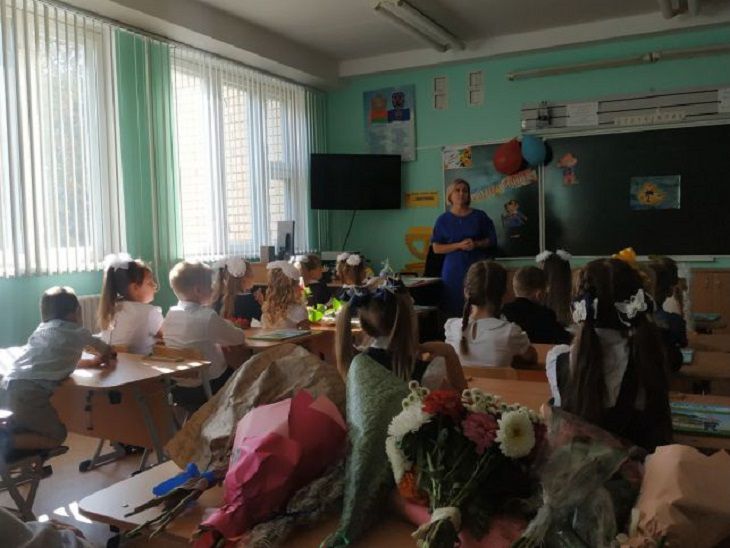Why the Belarusian system of education and upbringing of children is better than the Western one
An expert explained why the Belarusian system of education and upbringing of children is better than the Western one.
In short, as political scientist Andrei Lazutkin said, “we are not working for commercial purposes.”
On air on the STV channel, he recalled that in the 90s, Western subcultures came to us, but did not take root.
Commerce
The fact is that the origins of these trends in the West always lie in commercialization, whereas in the USSR, and later in the separate sovereign state of Belarus, the main emphasis was and is placed on the socialization of children.
In the West, there is a concept of commerce, that is, your child is, in essence, an object for consumption, the specialist explained.

He added: they try to sell everything they can to a Western child: from a nose ring with CDs to a leather jacket.
Something similar happened in the countries of the former Soviet Union, when children bought chewing gum and Pokemon.
But it didn't take root here. And there they will first earn millions of dollars on the child, and then he will be "used by the state machine if he goes to the American security forces."
How to work in Belarus
We are a humane state, we do not work for commercial purposes, we try to socialize children, teach them to communicate, teach them to carry out joint collective tasks, so that they also understand what the point of all this is, said Lazutkin.
According to him, many things are working to solve this problem in Belarus: teachers, “authorities in the classes” from among the “more or less intelligent” children, groups of children, pioneer organizations that group “the most active and interesting children.”
The political scientist called this “the first step for some social activity that is oriented toward another.”
And this step is provided to children. Then comes the stage of student life - "professional get-together" with the presence of BRSM, which carries out political tasks.
And so a person goes up the ladder, by the age of 25, when he becomes a young specialist, and then a father, when he starts a family, this, in essence, must be a prepared young person, Lazutkin said.
According to him, they have been working in this direction in Belarus for three years already, and three years later he announced the practical results of the designated educational policy.
